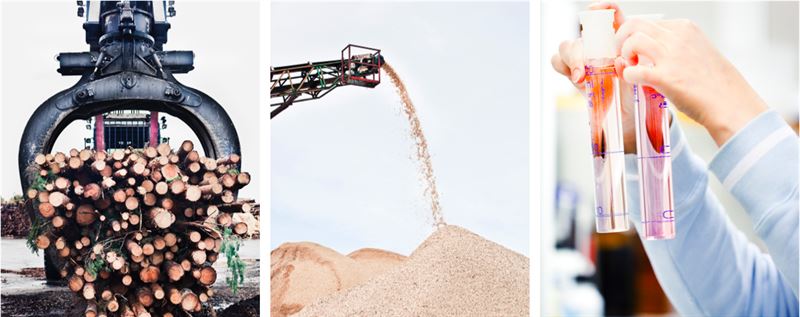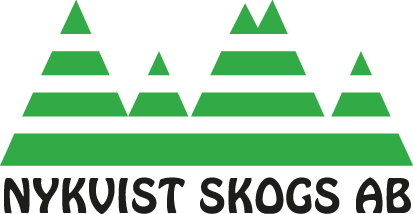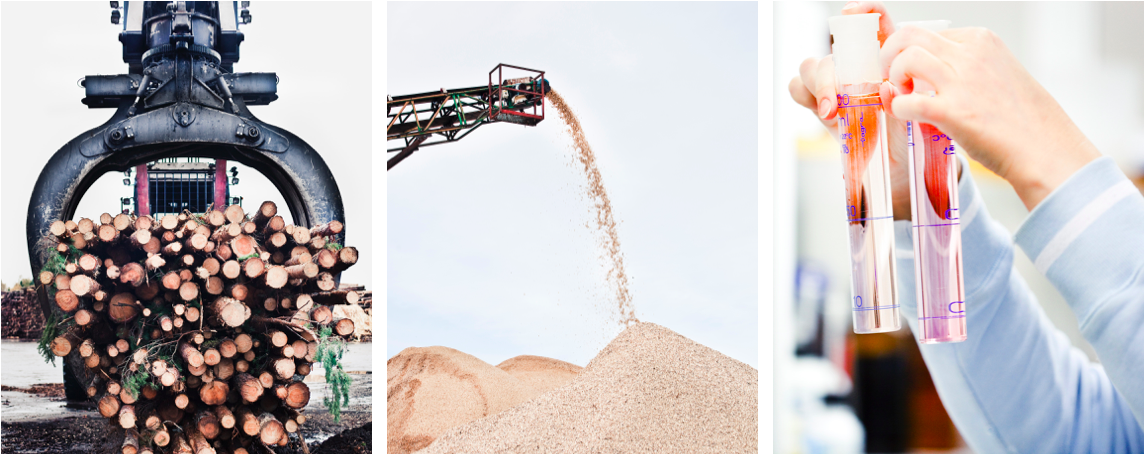What’s going on in our mills?

Vallvik Mill
At Vallvik Mill, where Rottneros produces chemical pulp, an impressive 99 per cent of the fuel used today is fossil-free and 97 percent of all chemicals are recycled. Within Agenda 500, investments to improve production capacity and pulp quality while decreasing emissions have been made. The most recent investment is the new washing press that was successfully installed during October.
“The new washing press will make the washing much more efficient, improve the working environment for operators and decrease emissions from the bleaching department.” says Per-Arne Nilsson, Project Manager at Vallvik Mill.
“The installment went well and I’m really happy to see how our team has worked together on this project. They’ve done a great job, from idea to operation start”, says Per-Arne Nilsson.
Rottneros Mill
Customer focus today is shifting rapidly, going from fossilbased to non-fossil based materials. Not only the product itself should be sustainable, but the entire production chain must meet new demands from customers and end-users in the pursuit of reducing carbon dioxide emissions. The forest industry, with its forest based products, is a key player in making this transition.
“Our latest investments really show Rottneros commitment in creating a sustainable future”, says Fredrik Danielsson, head of sales at Rottneros Mill.
At Rottneros Mill the most recent investment is a new bio mass boiler which supplies the drying process with heat. The new boiler is fired with bark and fuel chips making the Mill’s energy consumption essentially fossil-free. While the bio mass boiler is now in full use, the new anaerobic purification stage for the wastewater, where also biogas will be produced, is still under construction and will be ready for start up this summer. But investments have already started paying off and production is now up to about 170,000 tonnes per year.
“The installing of the bio mass boiler was a success and once all investments are in place, we should be able to approach 200,000 tonnes,” says Nils Hauri, Production Manager at Rottneros Mill.

